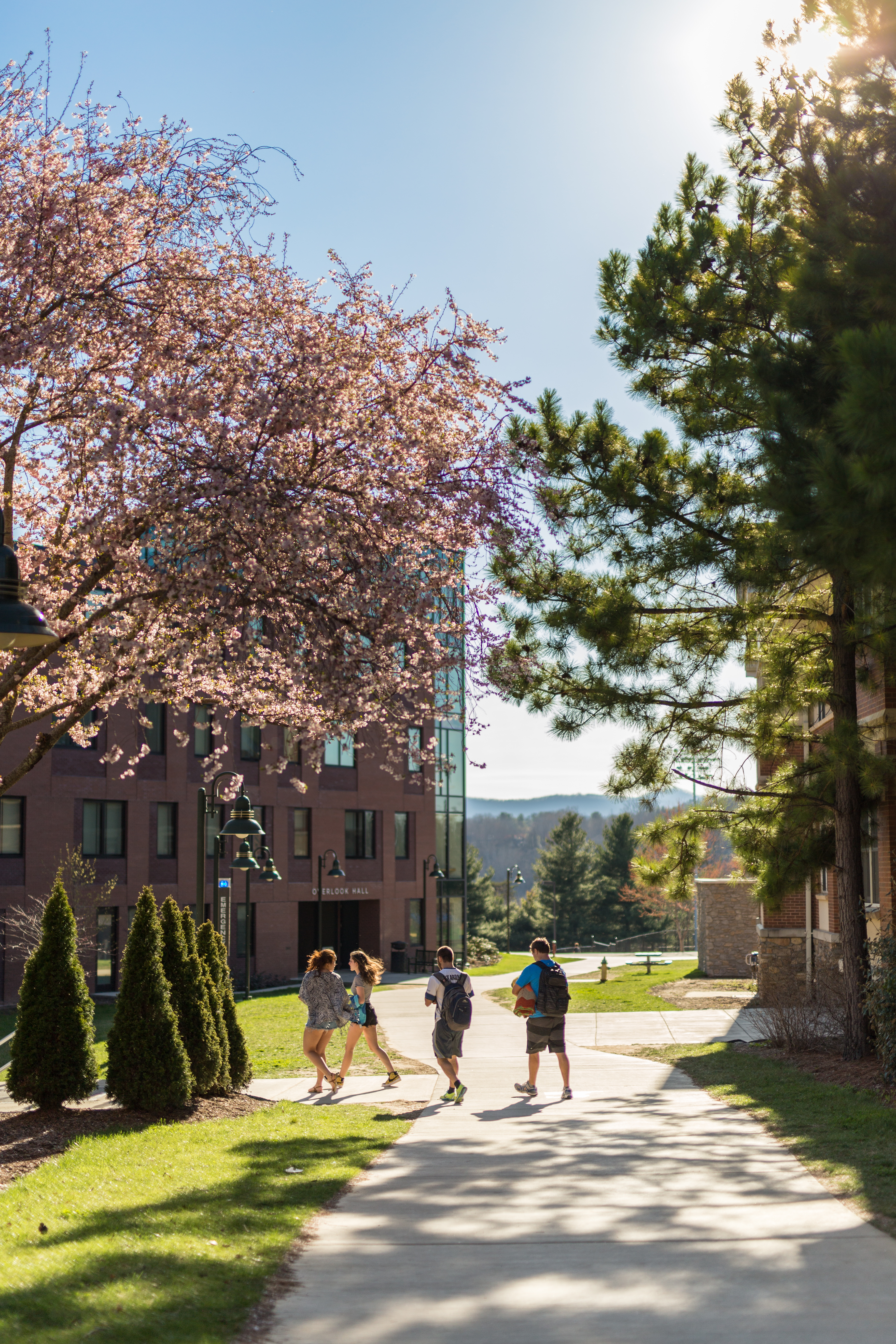Program Description
What are human rights and where did they come from? How did nations come together to forge agreement about which rights are basic to all humans? This program will trace how “human rights” have expanded beyond their Western cultural roots and have become today’s international human rights doctrine—a shared, multicultural expression of resistance to injustice. Finally, we’ll consider how human rights should apply to future generations, combining both theory and practice of the study of human rights.
The morning sessions will focus on the former, while afternoon sessions will provide students with hands-on experience.
The morning session on the second day will focus on the United Nations and its commitment to human rights. The third morning session will examine the enforcement of international human rights law. The final day will be devoted to measuring human rights where students will be introduced to two ongoing projects at UNC Asheville: the Political Terror Scale (PTS) and the Societal Violence Scale (SVS).
Hands-On Learning
Each afternoon will have a hands on experience for students.
- Day 1: A mock U.S. Supreme Court session regarding climate change, brought forth by a group of young people in an Oregon federal court will be held.
- Day 2: We will conduct a model Meeting of the General Assembly of the United Nations.
- Day 3: A mock International Criminal Court (ICC) proceeding. For the final day, students will develop a country report on human rights practices of the United States.
Program Topics
- Foundations of Human Rights
- The enforcement of Human Rights
- the role of the United Nations in protecting Human Rights
- Measurement of physical integrity rights by both state and non-state actors
Top 5 Majors
- Environmental Studies
- Psychology
- Management/Accountancy
- Biology
- Engineering/Mechatronics
Top Unique Programs
- BFAs in Music & Art
- Atmospheric Sciences
- Interdisciplinary Studies
- Music Technology
- Teacher Licensure
Campus Life
3,800 students from 37 states and 28 countries
40% of students live on campus (all first-year students
live on campus)
9 Living Learning Communities focused on academics,
social justice, wellness, and more
16 NCAA Division I Teams
60+ student clubs and organizations, ranging from
honor societies to intramural sports
Academics
20 students per class on average
221 full-time faculty members, 87% with terminal degrees
30+ majors in the Humanities, Natural Sciences,
Social Sciences and Interdisciplinary Studies
65% of students complete undergraduate research
(UNC Asheville founded the National Conference
on Undergraduate Research 30 years ago)
Outside the Classroom
53% of students complete at least one internship,
and 15% complete two or more
55+ countries for Study Abroad Programs
48 Fulbright awards awarded to students and alumni
2,963 community service hours in the region by student organizations for the year (2018)
Points of Pride
![]()
![]()
![]()
- One of the Princeton Review’s 2020 best colleges and ranked in the top 20 nationally on several lists, including “Best Quality of Life” and “The City Gets High Marks”
- UNC Asheville is one of only 5% of programs worldwide to receive accreditation by The Association to Advance Collegiate Schools of Business (AACSB)

2019-2020 Tuition & Aid
Annual Direct Cost: (includes tuition, fees, housing and dining services)
- In-State: $16,890
- Out-of-State: $34,238
68%+ of students receive financial aid, with 73% of need met for an average recipient
25% less debt owed than national averages
Fall 2020 Application Process
Early Decision I (Binding)
- Apply by November 15, 2019
- Decision Notification by December 15
Early Decision 2 (Binding)
- Apply by January 15, 2020
- Decision Notification by February 1
Regular Decision (Non-binding)
- Apply by April 1, 2020
- Decision Notification begins February 15